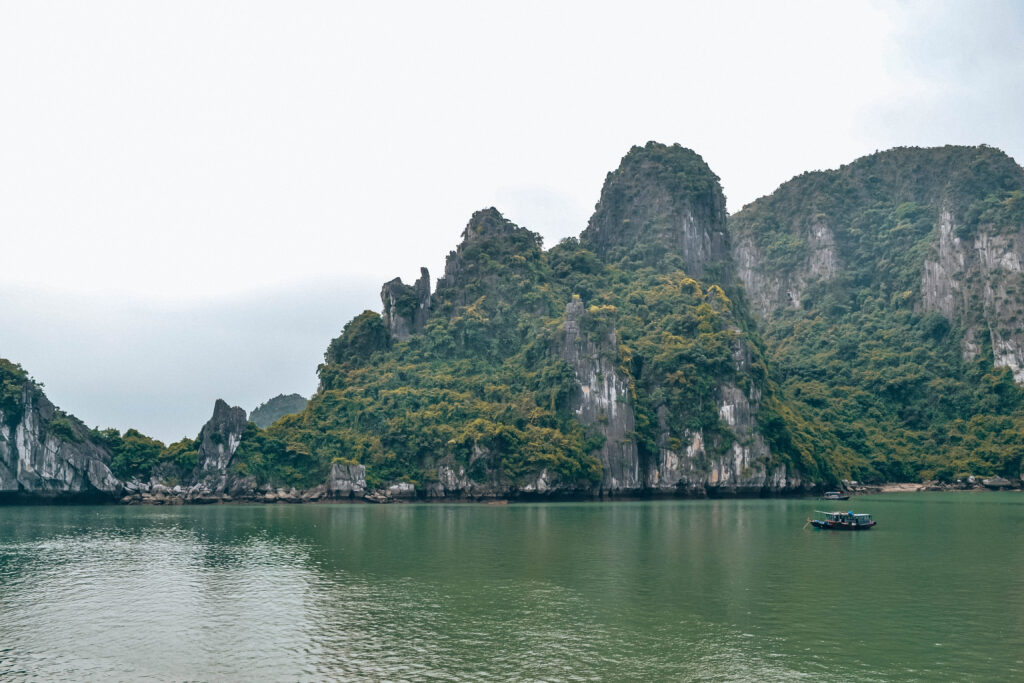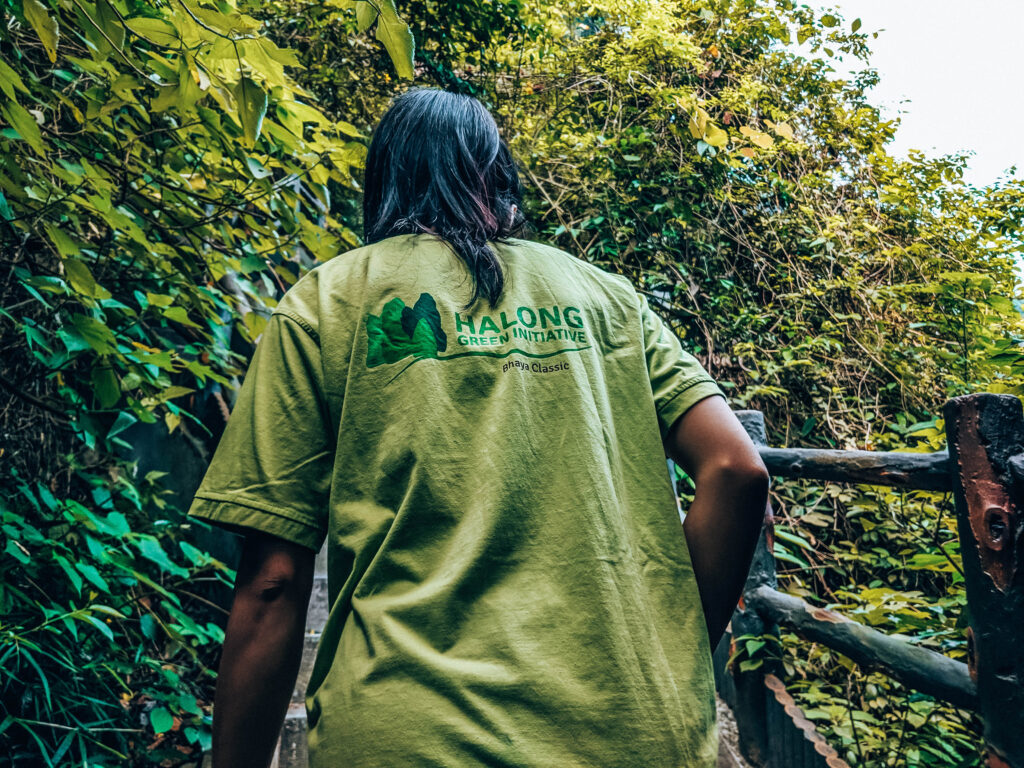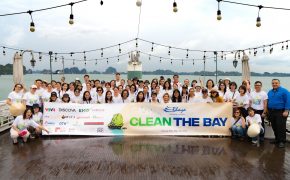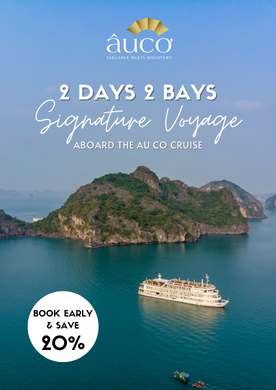Sustainable Tourism in Vietnam and The Future of Halong Bay
*A guest post by Team Faramagan
With more than 6 million visitors per year, Halong Bay is Vietnam’s most popular tourist destination. It is understandable the pressure this puts on the remarkable landscape of this area, and some may believe that protecting this Natural Wonder of The World while also showcasing it to millions of visitors each year would be an impossible task.

However, both the attitudes and actions of tour operators are changing rapidly, Sustainable Tourism is no longer a marketing trend, but very much a way of life with more and more tour operators in Vietnam demonstrating sustainable practices to restore and protect this fragile area.

Halong Bay is not the only UNESCO World Heritage site in Vietnam however, from the Imperial City in Hue to the lantern-lit streets of Hoi An, there is a demand for conservation and sustainability all over this vibrant country with over-tourism even threatening rural areas.
What is Vietnam doing to encourage Sustainable Tourism?
Finding the balance between economic development but environmental protection is no easy task, but there are numerous ways in which this is being encouraged.
Ecotourism
As more visitors become mindful of minimizing their impact on the beautiful landscape of Vietnam, the popularity of ecotourism has flourished. Whether trekking in Sapa or sailing in Halong Bay, Ecotourism involves visiting these fragile, natural areas with as minimal impact as possible. Eco tours encourage small scale, local tours opposing the standard commercial, mass tourism. Overall, offering a more ethical and environmentally friendly experience which causes as minimal disruption to the landscape and local people as possible.
Social Enterprises
Social enterprises are a second way Vietnam is encouraging sustainable and responsible tourism. Social enterprises use a commercial business, for example, a restaurant or shop, to maximize improvements in social, economic and environmental well being of the local area. Several successful social enterprises are currently operating in Vietnam, some of which train those disadvantaged in hospitality and English, others which employ disabled young adults. There are even some social enterprises which create products such as jewelry by recycling the trash from the street and using the profits to fund medical care. By opting to spend your money and time with a social enterprise instead of large corporations, the local people and area will benefit far greater.
Conservation
Due to the remarkable climate, Vietnam is one of the most biologically diverse countries on Earth. This means conservation is essential as the country is home to 10 percent of the world’s species, however also home to one of the fastest-growing economies in the world which understandably puts immense pressure on the natural landscape.
Coastlines are transforming into towering resorts and forests into motorways resulting in endangered animals, plants and ecosystems. Thanks to conservation schemes such as Save The Langurs led by Bhaya Cruises, not only is the demand for conservation recognized but supported through fundraising and publicity.
Bhaya Cruises also promotes the conservation of local culture through the Bhaya Cruises Community Project. This means sourcing local produce from Viet Hai Village on Cat Ba Island for their vessels instead of funding larger corporations – allowing the local farm community to flourish as well as supply their tours with the freshest food possible, keeping both communities and customers happy.
What can you do to encourage Sustainable Tourism?
Always choose an operator with a Sustainable Tourism Policy. Whether booking a tour in the forests, coastline, islands, traditional villages or the incredible Halong Bay ensure you have done your research and are well informed of the tour operator’s methods of disposing of wastewater and rubbish.
Find out if the operator employs local people, particularly in Halong Bay, where floating communities are no longer sustained by fishing so many have turned to tourism opportunities instead. The Vietnamese culture should be celebrated and sustained by tour companies, not replaced by a greed for profit. Tour companies such as Bhaya Cruises not only employ locally but have procedures and training in place to support and educate staff on the importance of a sustainable future.

What are Bhaya Cruises doing to encourage Sustainable Tourism?
Bhaya Cruises have pioneered the way for sustainable tourism onboard their vessels in many, many ways from banning single-use plastic to ensuring their toiletries are environmentally friendly. Not only has their efforts had a positive effect on the future of Halong Bay, but it encourages and inspires conscientious tourists who are exactly the type of clientele Vietnam want to attract.
Bhaya’s ambition is to run the business without emitting any plastic in the future, and the company has achieved greatly so far with lots of green contributions.
As well as protecting the future, Bhaya Cruises are making incredible efforts to restore damage from the past with regular beach and ocean cleanups. They have removed thousands of kilos of trash from Halong Bay, with their efforts instantly recognizable the minute you are onboard and surrounded by beautiful clear water.

In order for future generations to have the privilege of enjoying the stunning landscape of Halong Bay and Vietnam on the whole, it is both the responsibility of tour operators and tourists alike. Attitudes and actions are changing for the better thanks to pioneering schemes from companies such as Bhaya Cruises leading the way. While there is always more to be done, it is inspiring to see companies accept responsibility and take action as well as spread the message to each customer that steps on board.








